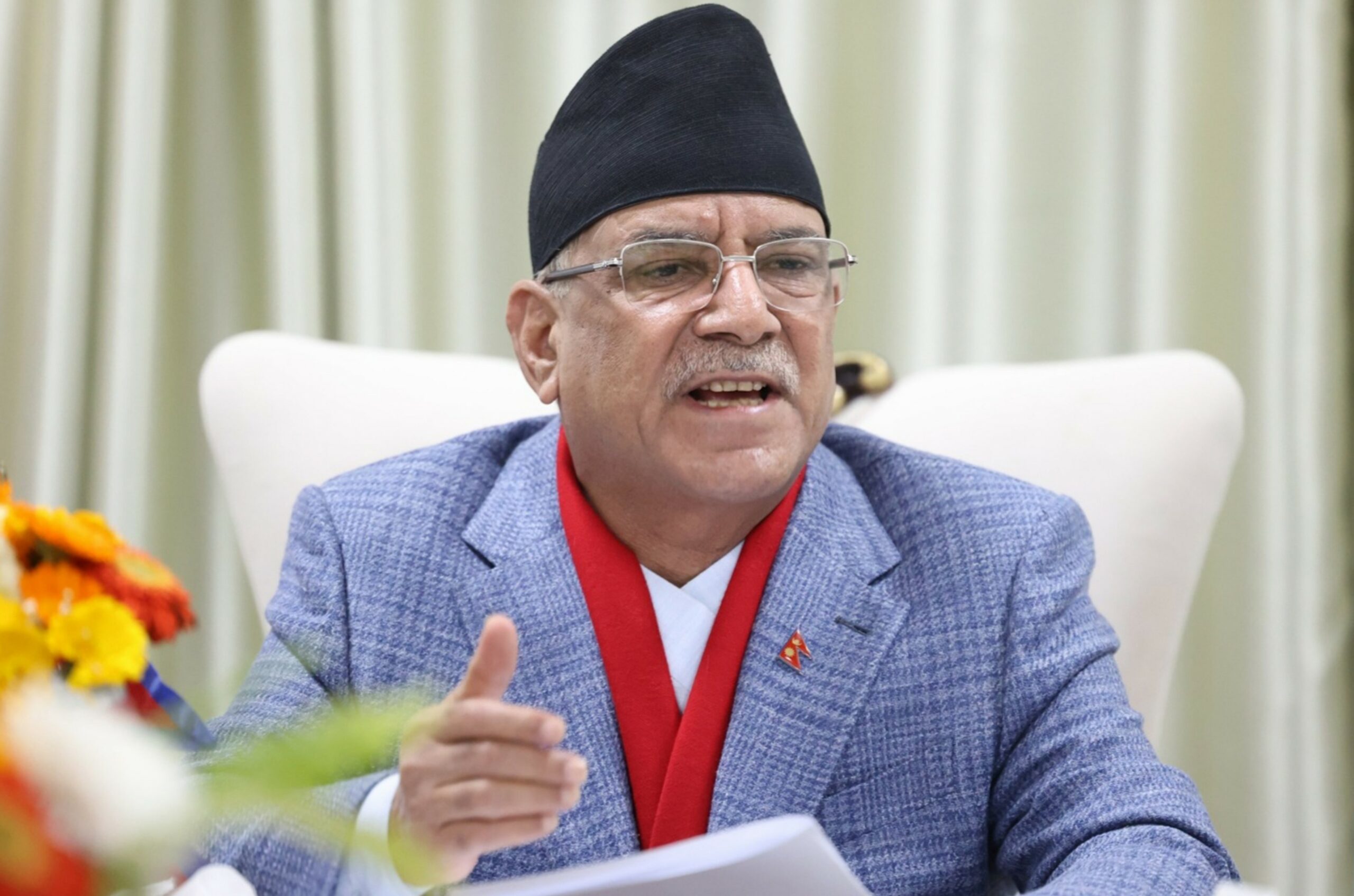KATHMANDU: Prime Minister (PM) Pushpa Kamal Dahal Prachanda has summoned a meeting of the Constitutional Council, heralding a significant shift in power dynamics.
According to Article 283 of the Constitution, the meeting aims to recommend appointments for vacant positions in the constitutional bodies.
The Council, chaired by the Prime Minister, comprises key figures such as the Chief Justice, the House of Representatives Speaker, the National Assembly Chairman, the leader of the opposition party in the House of Representatives, and the Deputy Speaker of the House of Representatives.
Scheduled for March 31, the meeting will focus on recommending appointments for vacant positions within the National Natural Resources and Finance Commission, the Office of the Auditor General, and the Election Commission.
This meeting also marks the first convening of the Council following the formation of the alliance with the CPN-UML, signaling a notable alteration in the power structure.
The restructuring of power within the Constitutional Council, which encompasses executives, judiciary, and legislative heads, underscores a significant change.
The Nepali Congress Party’s inclusion in the new structure contrasts with the diminished representation from the CPN-UML.
Previously, despite holding power, the Nepali Congress lacked representation in the Council, while three members hailed from the UML.
This included UML Chairman KP Oli, Speaker Devraj Ghimire, and the former Speaker of the National Assembly, Ganesh Prasad Timilsina.
However, with the absence of Oli and Timilsina in the upcoming meeting, Nepali Congress President Sher Bahadur Deuba will now participate as the opposition leader.
Additionally, National Assembly Speaker Narayan Dahal will attend the Council for the first time.
This reconfiguration results in two members from the Maoist background — Prime Minister Dahal and National Assembly Speaker Dahal — participating in the Constitutional Council.
Deputy Speaker Indira Rana, elected from the Rastriya SwatantraParty, adds further diversity to the Council.
While the Nepali Congress’s entry into the Constitutional Council has reduced UML’s presence, the latter might still exert influence due to its majority in the ruling coalition.
With four out of six Council members hailing from the ruling coalition, the UML’s dominance in decision-making remains a possibility.









Comment